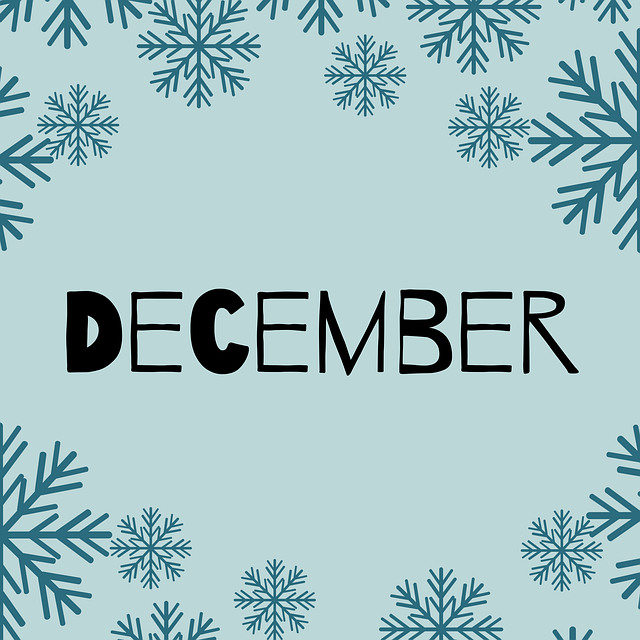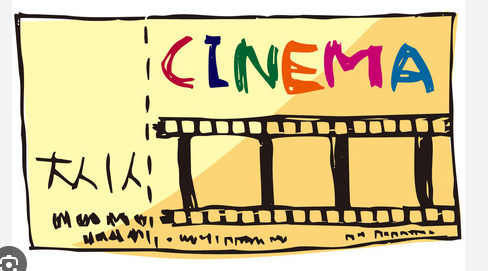
### セット1
#### 1-1. 漢字の日:12月12日(木)に関する雑学
みなさん、12月12日はただの木曜日じゃありませんよ!実はこの日、「漢字の日」なんです。どうして12月12日が漢字の日かというと、これは日本の漢字能力検定協会が定めた日で、「漢字」の「かん」が「12(じゅうに)」と、そして「字」の「じ」が「12」と共鳴するからなんです!つまり、漢字を愛するみんなにとって特別な日なんですね。だから、普段使わない漢字をこの日には積極的に使ってみるのもいいかもしれません!
#### 1-2. English translation
Hey everyone, December 12th isn’t just any Thursday! It’s actually “Kanji Day”! So why is December 12th Kanji Day? This special day was established by the Japan Kanji Proficiency Society because the reading for “kan” in “kanji” (漢字) sounds like the number 12 (じゅうに), and “ji” (字) also resonates with the same number! So, it’s a special day for all Kanji lovers. Why not challenge yourself to use some rarely used Kanji on this day?
—
### セット2
#### 2-1. 漢字の日:12月12日(木)に関する雑学
さらに面白いことに、「漢字の日」には毎年、その年に最も「漢字が表現したい言葉」が発表されるんです!2022年の漢字は「金」でした。なぜなら、オリンピックでの金メダルラッシュがあったから。これを聴いただけで、友達に自慢できるネタが増えますね!漢字が言葉や文化の一部として、そんな風に大きな影響を持っていることに心が躍ります。
#### 2-2. English translation
Even more interesting, on “Kanji Day,” the most significant Kanji that represents the year is announced! For example, the Kanji for 2022 was “金” (meaning gold) because of the gold medal rush at the Olympics. Just hearing that gives you a cool piece of trivia to brag about to your friends! It’s exciting to think that Kanji can have such a big impact on language and culture.
—
### セット3
#### 3-1. 漢字の日:12月12日(木)に関する雑学
「漢字の日」を祝う特別なイベントが全国各地で行われるんです。その中には、漢字を使ったアートや、漢字を習うワークショップなどがあります。特に、子供たちが漢字を楽しみながら学ぶ様子を見ると、心がほっこりしますよね!また、毎年、様々な漢字クイズやコンテストも開催されていて、優勝者には豪華な賞品が用意されています。これらのイベントに参加すれば、楽しみながら漢字の知識を増やせて、一石二鳥です!
#### 3-2. English translation
Special events to celebrate “Kanji Day” are held all across the country. These include Kanji art showcases and workshops that teach Kanji in a fun way. Watching kids enjoy learning Kanji can really warm your heart! Additionally, various Kanji quizzes and contests are held annually, with awesome prizes for winners. Participating in these events allows you to boost your Kanji knowledge while having a blast — what a win-win!
—
### セット4
#### 4-1. 漢字の日:12月12日(木)に関する雑学
実は、漢字にはそれぞれ「音読み」と「訓読み」があるのをご存じでしたか?音読みは中国から伝わった発音で、訓読みは日本の言葉から来ている発音です。例えば、「山」という漢字は、「さん」または「やま」とも読まれます。この二重の読み方は、漢字の奥深さを感じさせますね!たくさんの漢字を知ることで、言語の豊かさにさらに気付くことができるのです!
#### 4-2. English translation
Did you know that each Kanji has both “on’yomi” (Chinese readings) and “kun’yomi” (Japanese readings)? For example, the Kanji for “mountain” (山) can be read as “san” or “yama.” This dual reading reveals the depth of Kanji! The more you know about Kanji, the richer your understanding of the language becomes!
—
### セット5
#### 5-1. 漢字の日:12月12日(木)に関する雑学
そして、最後にお知らせしたいのは、漢字は日本だけのものではなく、他のアジアの国々でも使われています。例えば、中国、韓国、ベトナムなどでも漢字は利用されていて、それぞれの国で独自の発音や意味を持っています。これを知れば、漢字を通じてさまざまな文化を楽しむことができるというわけです。「漢字の日」を祝うことで、世界の繋がりを感じることができますね!
#### 5-2. English translation
Finally, here’s something you might not know: Kanji isn’t just used in Japan! It’s also used in other Asian countries like China, Korea, and Vietnam, each with its unique pronunciation and meaning. Knowing this lets you appreciate various cultures through Kanji. Celebrating “Kanji Day” brings a sense of connection to the world around us!
—
いかがでしたか?「漢字の日」はただのイベントではなく、言語や文化を身近に感じる素敵な機会です。友達に自慢したくなるような面白い雑学を活かして、ぜひこの日を楽しんでください!


